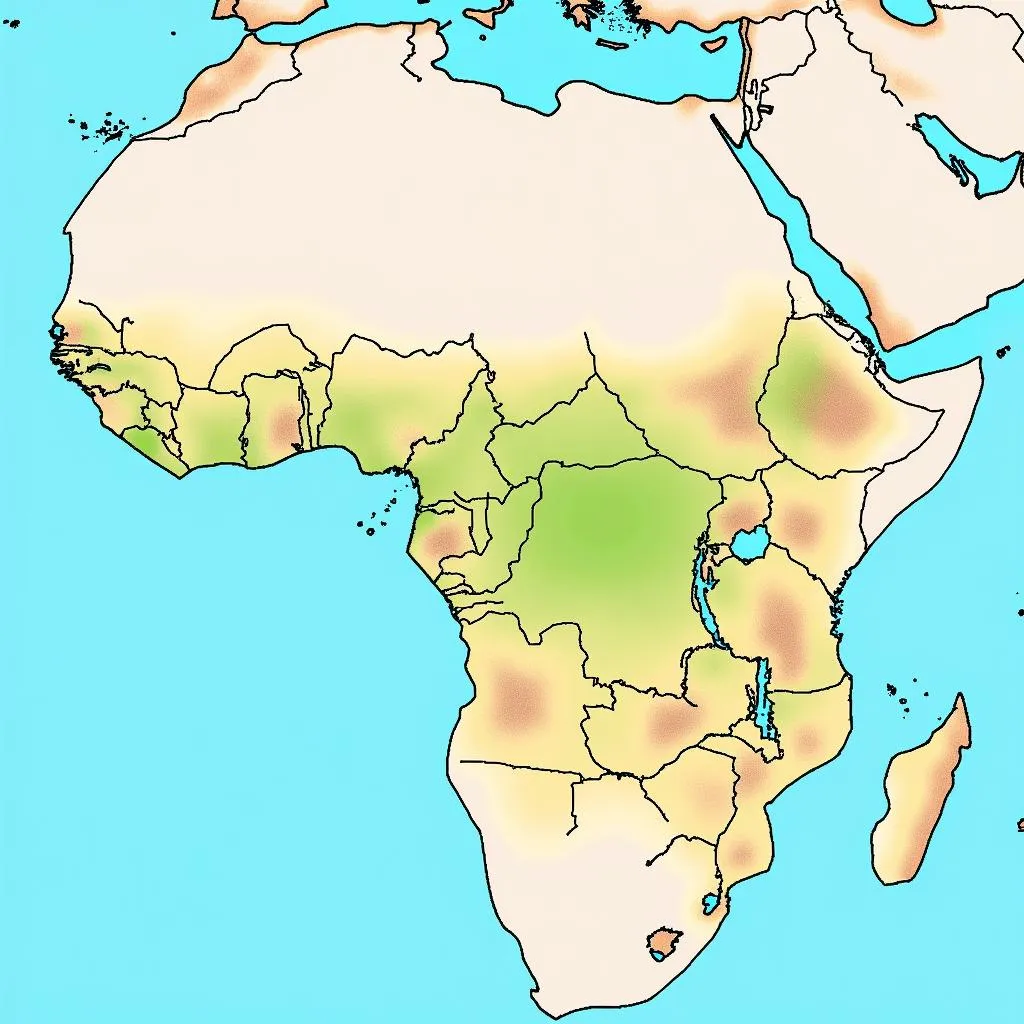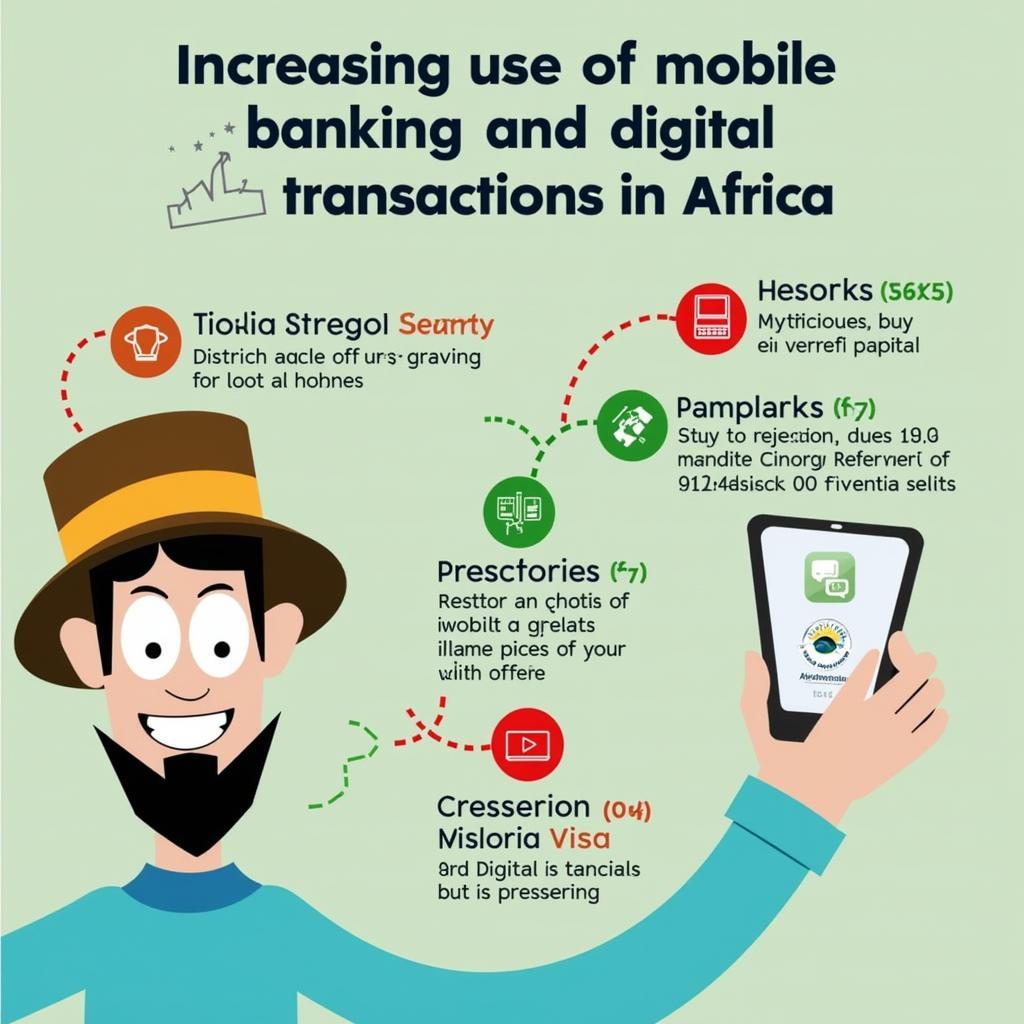15 Year Old African Girl Pregnant: Navigating a Complex Reality
Teenage pregnancy, particularly in the context of a 15 Year Old African Girl Pregnant, presents a multifaceted issue deeply intertwined with cultural, social, and economic factors. This article delves into the complexities surrounding this sensitive topic, exploring the challenges and potential solutions while shedding light on the unique circumstances faced by young mothers in Africa.
Understanding the Context of Teenage Pregnancy in Africa
A 15 year old African girl pregnant faces a reality shaped by numerous factors unique to the continent. Poverty, limited access to education and healthcare, and harmful traditional practices all contribute to the high rates of teenage pregnancy in many African communities. Furthermore, gender inequality often limits girls’ opportunities and exposes them to sexual exploitation and abuse.
The Role of Poverty and Limited Access to Education
Poverty often forces families to prioritize boys’ education over girls’, leaving many young women with limited opportunities for personal growth and economic independence. This lack of education can make them more vulnerable to early marriage and pregnancy. Limited access to comprehensive sexual education also contributes to the issue, leaving young people without the knowledge and resources to make informed choices about their reproductive health.
Cultural and Traditional Practices
Certain cultural and traditional practices, such as child marriage and the perception of early motherhood as a sign of fertility, can normalize and even encourage teenage pregnancy. These deeply ingrained beliefs can make it challenging to implement effective interventions and promote change within communities.
Access to Healthcare and Family Planning
Limited access to affordable and accessible healthcare, including family planning services, plays a significant role in the high rates of teenage pregnancy. This lack of access can be attributed to various factors, including geographical isolation, insufficient healthcare infrastructure, and cultural stigma surrounding reproductive health.
The Impact of Teenage Pregnancy
The consequences of teenage pregnancy can be far-reaching, impacting not only the young mother but also her child and the wider community. Health risks, social stigma, and economic hardship are just some of the challenges faced by these young women.
Health Risks for Mother and Child
Teenage pregnancy carries significant health risks for both the mother and the child. Young mothers are more likely to experience complications during pregnancy and childbirth, while their babies are at increased risk of low birth weight, premature birth, and other health problems.
Social and Economic Consequences
Socially, teenage mothers often face stigma and discrimination, which can lead to isolation and exclusion. Economically, they may struggle to complete their education and secure employment, perpetuating the cycle of poverty.
Breaking the Cycle: Empowering Young Women
Dr. Fatima Mohamud, a renowned public health specialist in Kenya, emphasizes the importance of empowering young women: “We must equip girls with the knowledge and resources to make informed decisions about their bodies and their futures. Education, access to healthcare, and challenging harmful traditional practices are crucial steps in breaking the cycle of teenage pregnancy.”
Support and Resources for Teenage Mothers
Despite the challenges, there are organizations and initiatives working to support teenage mothers in Africa. These programs provide essential services, including healthcare, education, and vocational training, empowering young women to build a brighter future for themselves and their children.
Educational Programs and Vocational Training
Providing teenage mothers with opportunities to continue their education or acquire vocational skills is essential for their economic independence and social integration. These programs can equip them with the tools they need to break free from poverty and provide for their families.
Healthcare and Family Planning Services
Access to comprehensive healthcare and family planning services is crucial for the well-being of both mother and child. These services can help prevent further pregnancies and ensure that young mothers receive the support they need to raise healthy children.
Conclusion
Addressing the issue of a 15 year old African girl pregnant requires a holistic approach that tackles the underlying social, economic, and cultural factors contributing to teenage pregnancy. By empowering young women with education, access to healthcare, and opportunities for economic independence, we can help break the cycle of poverty and create a brighter future for generations to come. Support for teenage mothers is not just a matter of compassion, but a crucial investment in the future of Africa.
FAQ
- What are the main causes of teenage pregnancy in Africa?
- What are the health risks associated with teenage pregnancy?
- How does teenage pregnancy impact a young woman’s education?
- What support services are available for teenage mothers in Africa?
- How can we empower young women to avoid teenage pregnancy?
- What role do cultural practices play in teenage pregnancy rates?
- What are the long-term consequences of teenage pregnancy for both mother and child?
Common Scenarios & Questions:
-
Scenario: A young girl discovers she is pregnant and is afraid to tell her family.
- Question: Where can she go for confidential advice and support?
-
Scenario: A teenage mother wants to continue her education but faces financial challenges.
- Question: Are there scholarships or financial aid programs available for young mothers?
-
Scenario: A community wants to address the issue of teenage pregnancy.
- Question: What strategies can be implemented to raise awareness and promote change?
Suggested Further Reading/Related Articles:
- The impact of child marriage on teenage pregnancy rates
- Access to education and its role in empowering young women
- The importance of comprehensive sexual education
Need support? Contact us 24/7: Phone: +255768904061, Email: [email protected] or visit us at Mbarali DC Mawindi, Kangaga, Tanzania.


